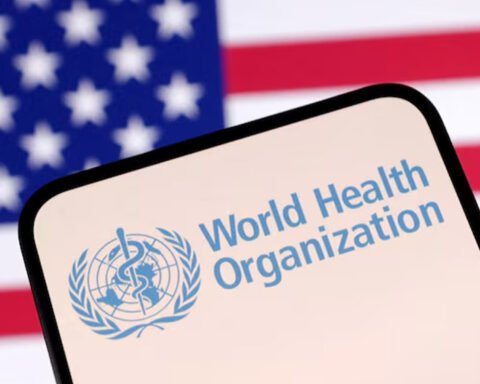The National Health Insurance Fund (NHIF) is under increasing financial strain as it continues to allocate the bulk of its resources to treating long-term illnesses that are steadily rising across the country.
Recent figures indicate that the NHIF spends more than TSh 700 billion annually on medical services. Alarmingly, 60% of these funds are directed toward the treatment of non-communicable diseases (NCDs)—a category that includes persistent and often preventable illnesses such as diabetes, hypertension, cardiovascular diseases, cancer, and chronic respiratory conditions.
Health economists warn that unless significant changes are made to how the fund is managed and financed, its sustainability could be at risk. “The NHIF is carrying an overwhelming burden. Chronic illnesses now dominate our healthcare spending,” one senior official from the fund remarked.
According to a recent report by the Controller and Auditor General (CAG) of Tanzania, the government owes the NHIF more than TSh 208 billion. This mounting debt, paired with rising treatment costs, has further weakened the fund’s capacity to meet its obligations.
In Tanzania, the NHIF plays a crucial role in providing health coverage to public servants, students, and other members of the general population. However, its model is being tested by the increasing demand for care linked to lifestyle diseases and a growing urban population exposed to processed foods, limited physical activity, and stress.
Also Read; US-China Trade Talks Signal Possible Reset
The World Health Organization (WHO) has consistently highlighted the threat posed by NCDs, particularly in low- and middle-income countries, where health systems are often ill-equipped to handle long-term care. WHO also emphasizes the importance of preventive healthcare, calling for stronger policies on public awareness, early diagnosis, and access to affordable medication.
To address the crisis, NHIF is reportedly exploring several strategies. These include improving its claims management system, revising benefit packages, and potentially introducing differentiated contribution schemes based on income or risk profiles.
Meanwhile, civil society groups and health professionals are urging the government to step up its support. They argue that sustainable public health financing is essential not only for treatment but also for long-term development goals, such as Universal Health Coverage (UHC) and the Sustainable Development Goals (SDGs).







